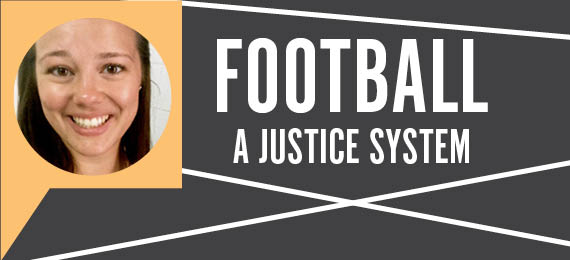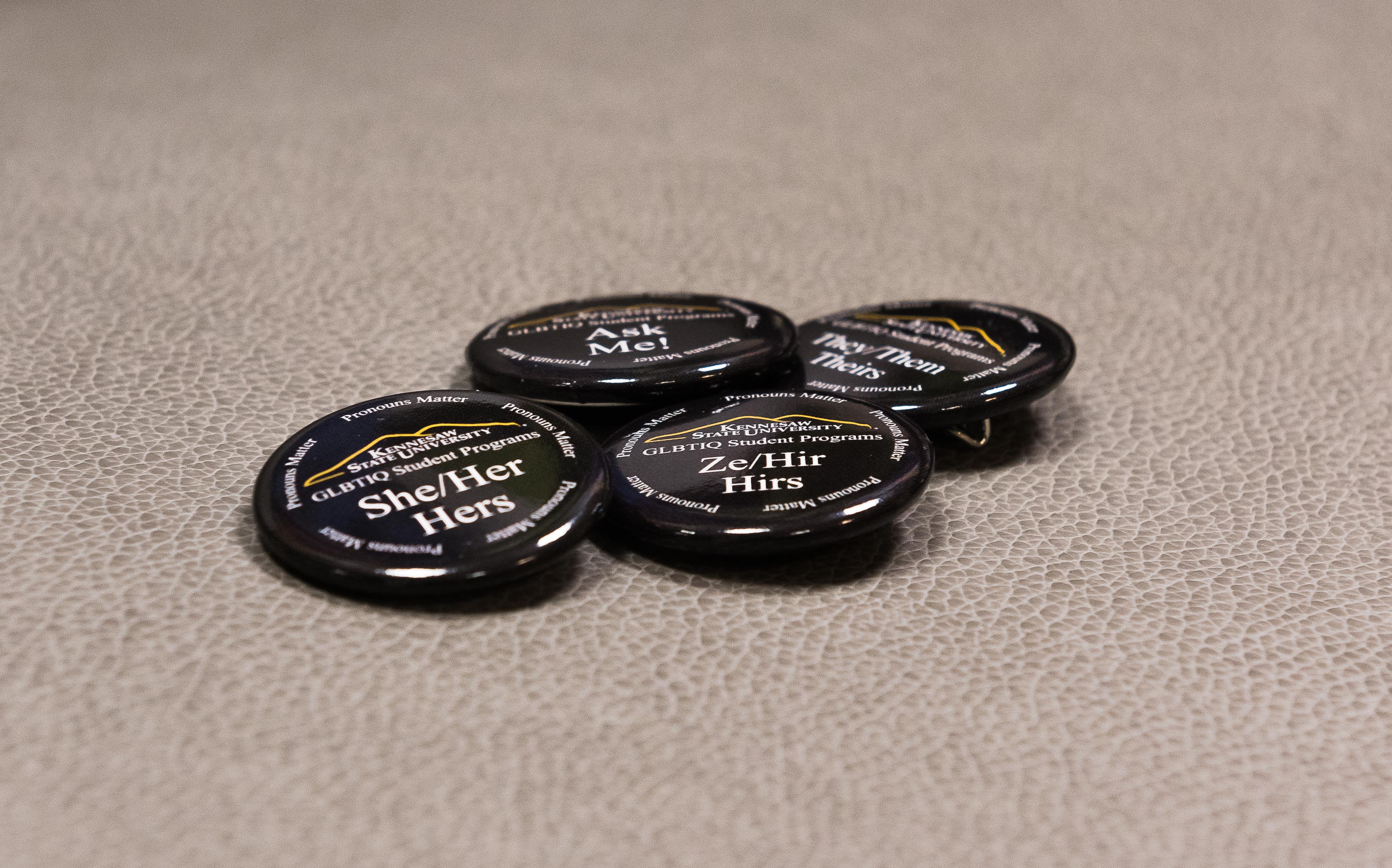Internet access is vital to the life of a college student, and the Wi-Fi available at Kennesaw State leaves much to be desired.
Wi-Fi on a college campus is invaluable — whether a student is watching YouTube, doing homework or browsing social media, Wi-Fi saves mobile data and provides students with fast, reliable internet. When Wi-Fi fails during an important test, or right before an assignment is due, it can ruin grades.
Without getting bogged down in terminology and jargon, Wi-Fi is a feature of most modern routers that allows wireless devices to connect to the internet. In a home network, one router is typically enough to service an entire house. On a college campus, multiple devices are needed to provide complete Wi-Fi access.
Download speed and bandwidth are two important concepts to consider when talking about campus Wi-Fi.
The download speed is, not surprisingly, the speed at which information can be downloaded from the internet by a device and is measured in megabits per second. Speedtest.net, a tool for measuring ping, download speed and upload speed, clocked KSU’s wireless download speed at 37 Mbps.
To put that speed into perspective, Emory & Henry college provides its students with wireless speeds between 50-100 Mbps as of 2017. Emory & Henry also state that the changes were implemented to support the traffic caused by the 1,000 currently enrolled students.
While internet speed alone is not a major indicator of the quality of a college, the amount of investment by the administration of a college into its technological infrastructure is indicative of how well it understands the needs of its students.
For Emory & Henry, a comparatively tiny college, to blow KSU’s wireless internet speed out of the water is unacceptable.
Bandwidth also plays an important factor in how fast the Wi-Fi is. During peak Wi-Fi usage hours, speeds can slow to a grinding halt, rendering the Wi-Fi useless. With 35,000 students attending both KSU campuses, peak usage hours can easily overload the Wi-Fi — even if all 35,000 students are never on both campuses all at once.
In order to support all of the students at KSU, the download speed and bandwidth of the Wi-Fi on campus needs to be upgraded. An increase in speeds would improve reliability, which is especially crucial for in-residence students taking online courses.
Rapid developments in technology mean that effort is required in order to stay on the cutting edge. The quality of services provided by KSU should match the amount paid for them, therefore, KSU desperately needs substantial investment into the technological infrastructure of the university.
If the current administration of KSU cares about the needs of its students, then quality Wi-Fi should be a top priority.


